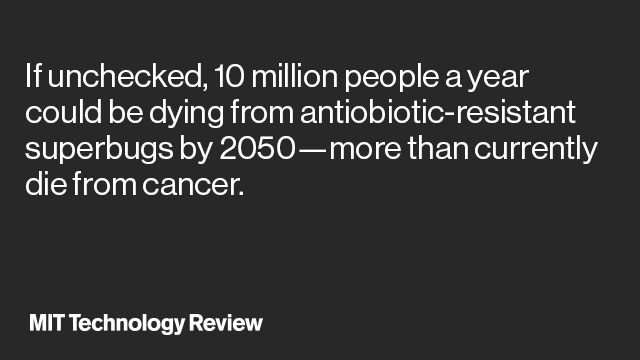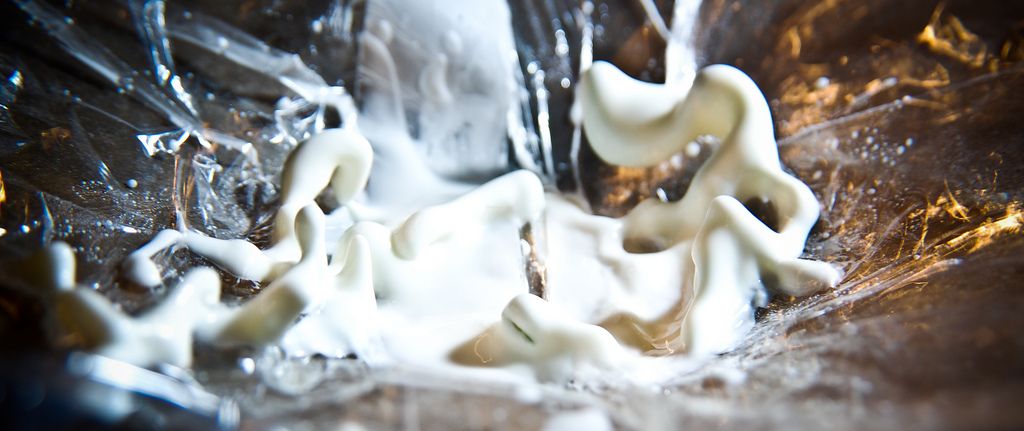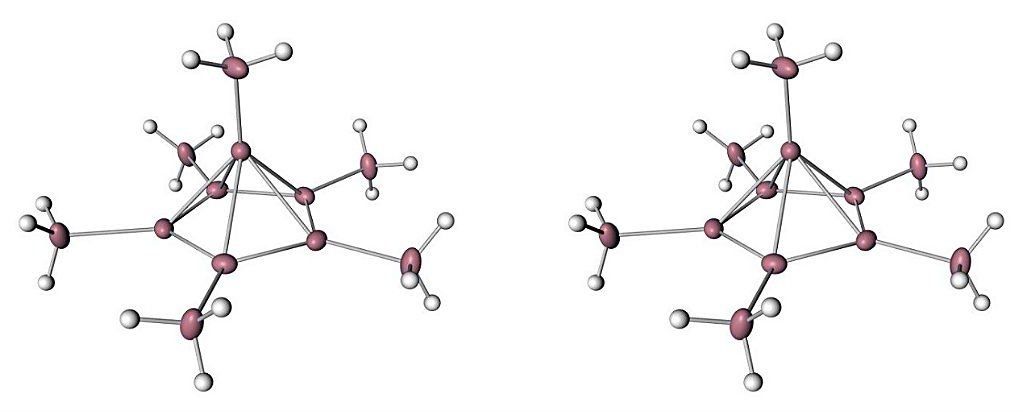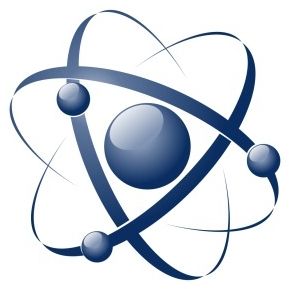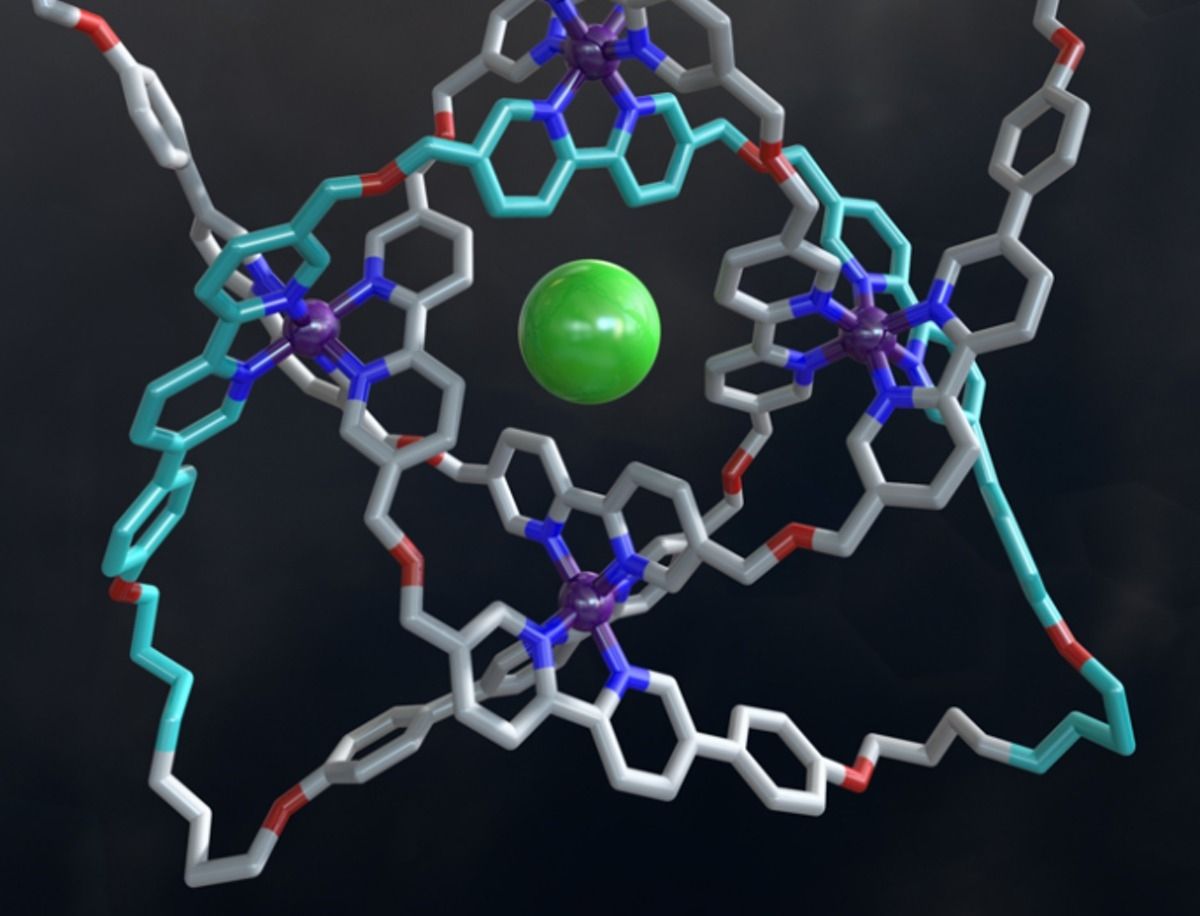Page 10309
Jan 13, 2017
Senescent cell removal could help chemotherapy patients
Posted by Steve Hill in categories: biotech/medical, life extension
Senescent cell therapy for treating age-related diseases could also help people after chemotherapy.
Senescent cell removal therapies could help reduce the damaging impact chemotherapy has on patients as well as being used to address one of the aging processes to treat diseases.
#aging #cancer
Continue reading “Senescent cell removal could help chemotherapy patients” »
Jan 13, 2017
This Remarkable Robot Hand Is Worthy of Luke Skywalker
Posted by Klaus Baldauf in categories: cyborgs, robotics/AI, space, transhumanism
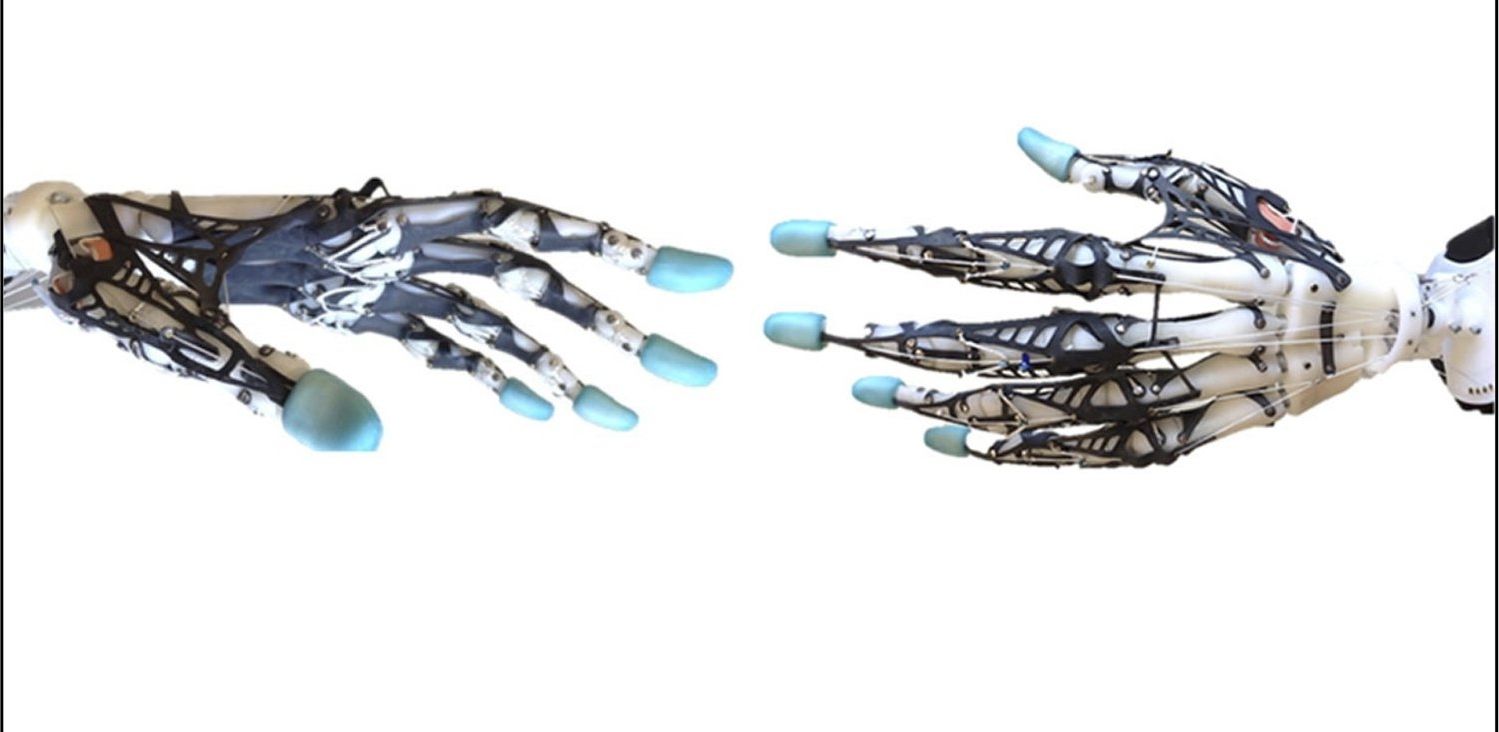
Most of today’s robot hands can perform easy tasks. They’re uber-practical grippers, simple and useful. But is it really so much to ask for robotic masterworks as dextrous as Luke Skywalker’s bionic hand in Star Wars? In short, yes, yes it is. It might have been a long time ago in a galaxy far far away—but most Star Wars tech is beyond us.
Still, it’s hard not to get in a Star Wars state of mind watching this beautiful robot hand engineered by Yale postdoc Joseph (Zhe) Xu and the University of Washington’s Emanuel Todorov.
Continue reading “This Remarkable Robot Hand Is Worthy of Luke Skywalker” »
Jan 13, 2017
Immune System, part 3: Crash Course A&P #47
Posted by Steve Hill in category: biotech/medical
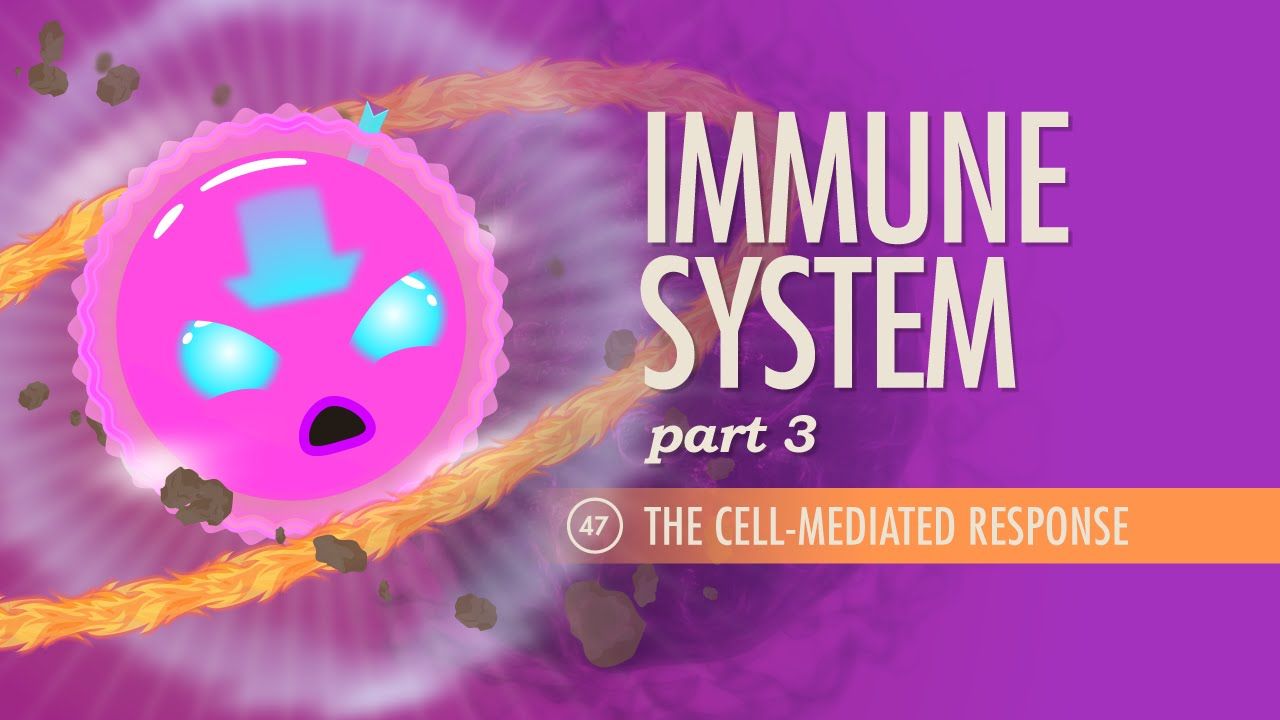
The last of the fun videos about the immune system and how it works.
THE FINAL SHOWDOWN! This is the last episode on the immune system and also the very last episode of Crash Course Anatomy & Physiology. In it, Hank explains how the cellular immune response uses helper, cytotoxic, and regulatory T cells to attack body cells compromised by pathogens. He also explores how cytokines activate B and T cells, and what happens if your immune system goes rogue and starts causing autoimmune trouble.
Continue reading “Immune System, part 3: Crash Course A&P #47” »
Jan 13, 2017
New patent granted to 3D printed hybrid rocket fuel engines for low cost access to space
Posted by Klaus Baldauf in categories: 3D printing, space
Rocket Crafters, Inc (RCI) have been granted a patent that will allow the mass-production of an expendable 3D printed hydrid rocket engine.
Jan 13, 2017
MIT Scientists Brings Incandescent Light Bulbs Back
Posted by Shane Hinshaw in category: sustainability
Some have deemed old-fashioned light bulbs as good as dead. But researchers at MIT have devised an incandescent light that’s greener than ever.
Jan 13, 2017
Forget What You Learned in High School
Posted by Shane Hinshaw in categories: chemistry, education
It’s the stuff of Chemistry 101: carbon can only form four bonds because it only has four shareable electrons.
But this rule no longer applies, because scientists have confirmed the existence of an exotic carbon molecule that can form six bonds, meaning the most classic example of tetravalence in our high school chemistry textbooks now comes with a hefty caveat.
If all of this is kinda giving you conniptions, we’re right there with you.
Jan 12, 2017
Biologists discover how viruses hijack cell’s machinery
Posted by Shane Hinshaw in category: biotech/medical
Looks like hacking might be alot older then we thought lmao.
Biologists at UC San Diego have documented for the first time how very large viruses reprogram the cellular machinery of bacteria during infection to more closely resemble an animal or human cell—a process that allows these alien invaders to trick cells into producing hundreds of new viruses, which eventually explode from and kill the cells they infect.
In a paper published in the January 13 issue of Science, the researchers conducted a series of experiments that allowed them to view in detail what happens inside bacterial cells as the invading viruses replicate.
Continue reading “Biologists discover how viruses hijack cell’s machinery” »
